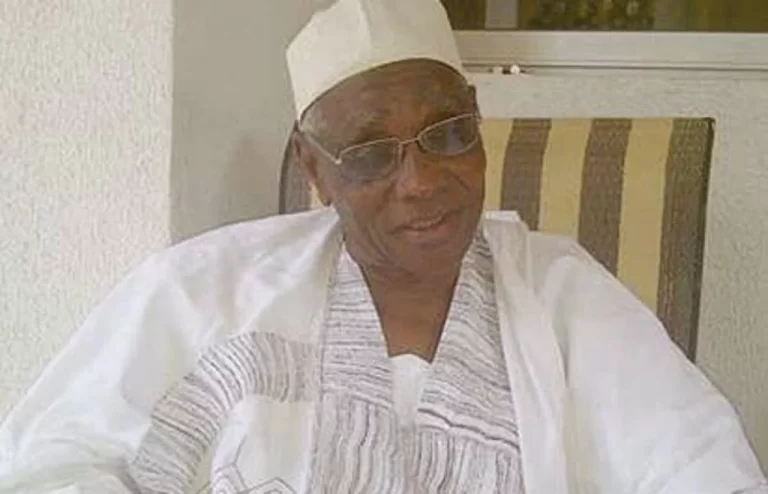(Op-ed) Hunger protest: The tragedy of out-of-school children in Nigeria
By Saliu Olanrewaju Lah
The recent nationwide protests across various states in Nigeria have once again highlighted the tragedy and grim reality that scholars and pundits have long sought to address: the issue of out-of-school children, particularly in Northern Nigeria.
The United Nations Educational, Scientific and Cultural Organization (UNESCO) and the Nigerian Bureau of Statistics both agree that Nigeria has the highest number of out-of-school children in Africa and, by extension, the world, totalling 20 million. Northern Nigeria has the largest share of this number.
Over the years, Nigeria has given minimal attention to the educational sector in terms of adequate investment. A walk through Northern Nigeria reveals a stark reality of Almajiri children roaming the streets and local restaurants in search of leftover food.
Northern Nigeria has had its share of political power, both under military regimes and in democratic settings. However, it is on record that this power has not been used to benefit the people. Endemic poverty and high illiteracy rates have jeopardised the future of these children, with severe consequences.
The hunger protests in Northern Nigeria have taken on a new dimension, with protesters, particularly children, seen holding and raising flags of foreign countries such as Russia and China. This act expresses their disdain and anger towards government policies, including the removal of fuel subsidies and currency devaluation. From Kano and Kaduna to Zamfara States and even Abuja, the Federal Capital, the situations have been similar.
Ironically, some protesters may not fully understand the implications of displaying foreign flags in Nigeria. This suggests that they might be influenced by non-state actors intent on undermining the current government.
This situation can be viewed as an affront to the laws of the Federal Republic of Nigeria. It essentially calls for foreign nations whose flags are displayed to intervene in Nigerian affairs, contravening principles of international law and diplomacy.
The alarming number of out-of-school children is a major concern for any responsible government, as it leads to social inequality and an unpredictable future for both the children and society at large. The rising cases of banditry and kidnapping, especially in Northern Nigeria, are closely linked to these figures, as these children can become tools for such crimes.
Former President Olusegun Obasanjo, recognising the dangers posed by these large numbers, quickly introduced a bill to the National Assembly to repeal the old Universal Primary Education Decree of 1976. This was replaced by the Universal Basic Education Act, which mandates the enrolment of all school-age children in basic education. The UBE Act explicitly requires all children in Nigeria to attend school up to basic three, with state governments responsible for implementing the laws in their respective states.
However, an evaluation of the UBE Act’s implementation reveals that no parents have been prosecuted for failing to send their children to school, as required by the Act.
Professor Babagana Zulum of Borno State has stated that 95% of the protesters in his state are children who are either not in school or not meaningfully engaged in any form of learning.
Nigeria urgently needs to declare a state of emergency in education, particularly at the primary level, as it is the foundation for all other educational levels. Educational planners must incorporate 21st-century innovations into the curriculum and leverage technological advancements as seen in Western countries. The use of Artificial Intelligence (AI) could also be beneficial, especially in rural communities with inadequate infrastructure, to bridge the gap in physical teaching and learning processes.
Saliu Olanrewaju Lah is a freelance writer from the ancient city of Ilorin.
lanrelah@gmail.com
09153464008







